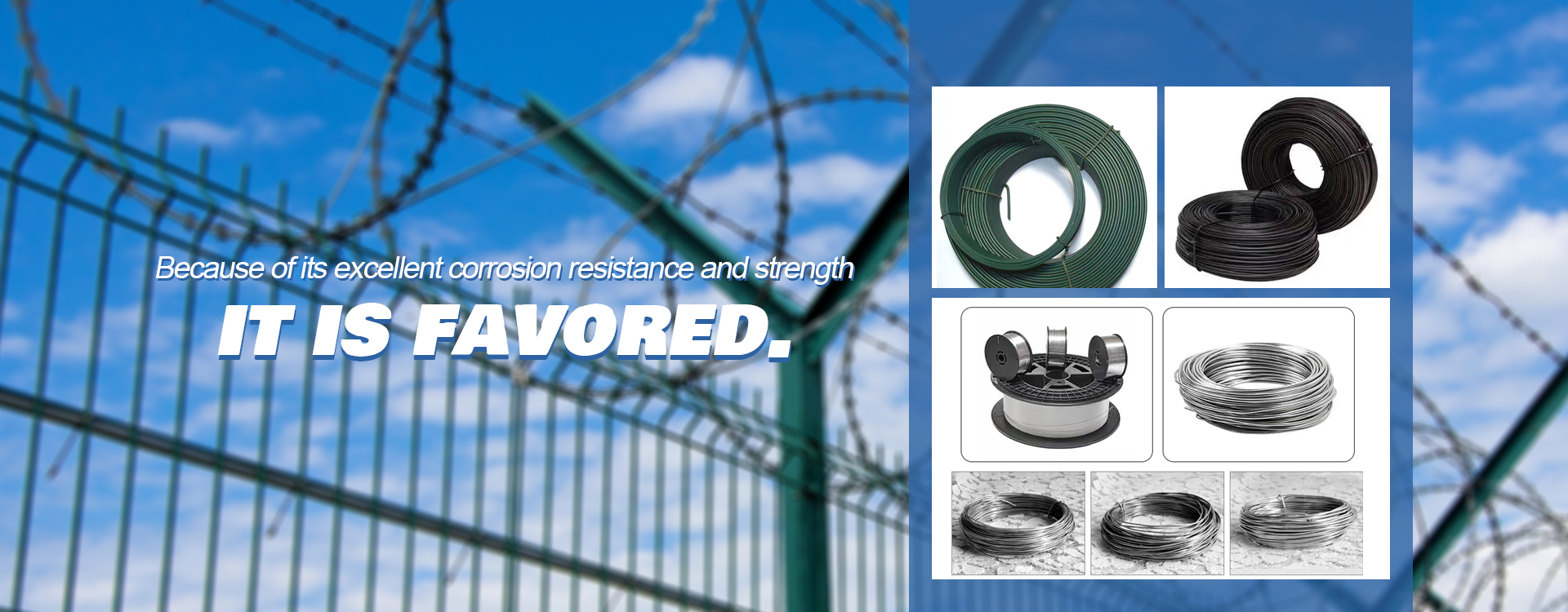 TEL:
+86-13102802206
TEL:
+86-13102802206
 Email:
fencenetting@china.com
Email:
fencenetting@china.com
 Language
Language
 TEL:
+86-13102802206
TEL:
+86-13102802206
 Email:
fencenetting@china.com
Email:
fencenetting@china.com
 Language
Language


The Versatility of Gabion Wall Mesh A Comprehensive Insight
Gabion wall mesh systems have gained significant attention in modern engineering and landscaping due to their durability and functionality. These structures, made from wire mesh cages filled with rocks, stones, or other materials, serve multiple purposes in both civil engineering and aesthetic landscaping projects. The evolution of gabion technology has not only enhanced their utility but has also contributed to environmental sustainability.
What is Gabion Wall Mesh?
Gabion wall mesh refers to the wire mesh baskets that are used to create gabion walls. Typically constructed from steel wire, the mesh is coated with a protective layer, such as zinc or vinyl, to prevent rust and corrosion. The cages can be filled with a variety of materials, including natural stones, concrete, or recycled materials, making them highly customizable to meet specific project needs.
Applications of Gabion Walls
1. Erosion Control Gabion walls are widely used for soil stabilization and erosion prevention. By allowing water to flow through while holding back soil, these structures effectively reduce the risk of landslides in hilly terrains or along riverbanks.
2. Retaining Walls In construction projects, gabion walls serve as durable retaining structures. Their flexibility enables engineers to create stable foundations, supporting roadways and other infrastructures on sloped terrains.
3. Environmental Restoration Gabion walls play a crucial role in ecological rehabilitation projects. They can be used to create habitats for wildlife and improve natural water drainage systems, promoting biodiversity in the area.

4. Aesthetic Landscaping Beyond their engineering applications, gabion walls are increasingly utilized in landscaping for their aesthetic appeal. Designers incorporate these structures into gardens, parks, and even urban settings, blending functional engineering with natural beauty.
Advantages of Gabion Wall Mesh
- Durability and Longevity Gabion walls are known for their resistance to weathering and corrosion, especially when constructed with quality materials. Their lifespan can extend for decades, making them a cost-effective solution in the long run.
- Ease of Installation One of the most significant advantages of gabion wall mesh is its relative ease of installation. These walls can be assembled quickly on-site, saving time and labor costs compared to traditional construction methods.
- Environmental Benefits The use of natural stones and the permeability of gabion walls promote natural drainage, reducing the chances of flooding and soil erosion. Moreover, depending on the fillers used, gabion walls can be an excellent means of recycling waste materials.
- Adaptability Gabion walls can be tailored to meet the specific needs of any project. Their modular design allows for adjustments in height, width, and fill material, offering versatility in both residential and commercial applications.
Conclusion
Gabion wall mesh systems represent a remarkable intersection of functionality, durability, and environmental consciousness. With applications ranging from erosion control to aesthetic landscaping, they have cemented their place in the toolkit of modern engineers and designers. As urbanization continues to challenge the balance between nature and infrastructure, the role of gabion walls will undeniably grow, providing sustainable solutions for a variety of challenges. Whether for practical engineering needs or aesthetic enhancements, gabion wall mesh showcases how thoughtful design can lead to successful and sustainable development.